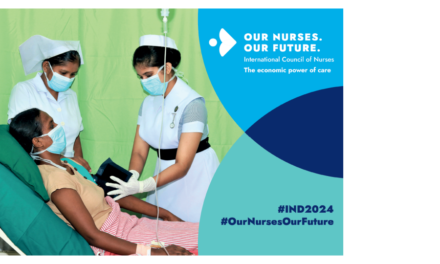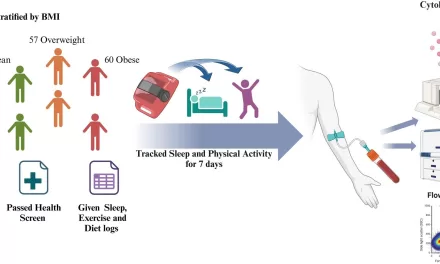New Delhi, India — As the scorching heat waves persist across northern India, medical experts are reporting a notable increase in cases of lupus, an autoimmune condition that can affect multiple organs in the body. According to Dr. Lalit Duggal, Senior Consultant in Rheumatology & Clinical Immunology at Sir Ganga Ram Hospital in Delhi, the extreme temperatures have led to a surge in patients presenting with symptoms of the disease.
“Lupus is a complex autoimmune disorder where the body’s immune system attacks its own tissues and organs,” explained Dr. Duggal. “The current heat wave has exacerbated the condition for many individuals, particularly affecting women aged 15 to 45 years.”
Dr. Duggal highlighted that the disease, often characterized by unpredictable flare-ups, can impact various systems including the skin, joints, kidneys, lungs, heart, and brain. “Symptoms can vary widely, from skin rashes exacerbated by sun exposure to more severe complications like kidney disease,” he noted.
The physician underscored the importance of early detection and treatment initiation. “Awareness among healthcare providers is crucial as lupus can mimic other disorders, making diagnosis challenging,” he emphasized. Treatment strategies vary depending on the severity and organs involved, ranging from local interventions like sunscreen application to aggressive immunosuppressive therapies for systemic complications.
Environmental factors such as sun exposure and viral infections are known triggers for lupus, which underscores the need for preventive measures, especially during periods of heightened environmental stress like heat waves.
Despite its challenges, Dr. Duggal reassured that with proper management, individuals with lupus can lead fulfilling lives. “Close monitoring and adherence to treatment plans are key to managing this chronic condition effectively,” he advised.
The increase in lupus cases amidst the ongoing heat wave serves as a reminder of the complex interplay between environmental factors and autoimmune diseases, urging both public awareness and proactive healthcare responses.












